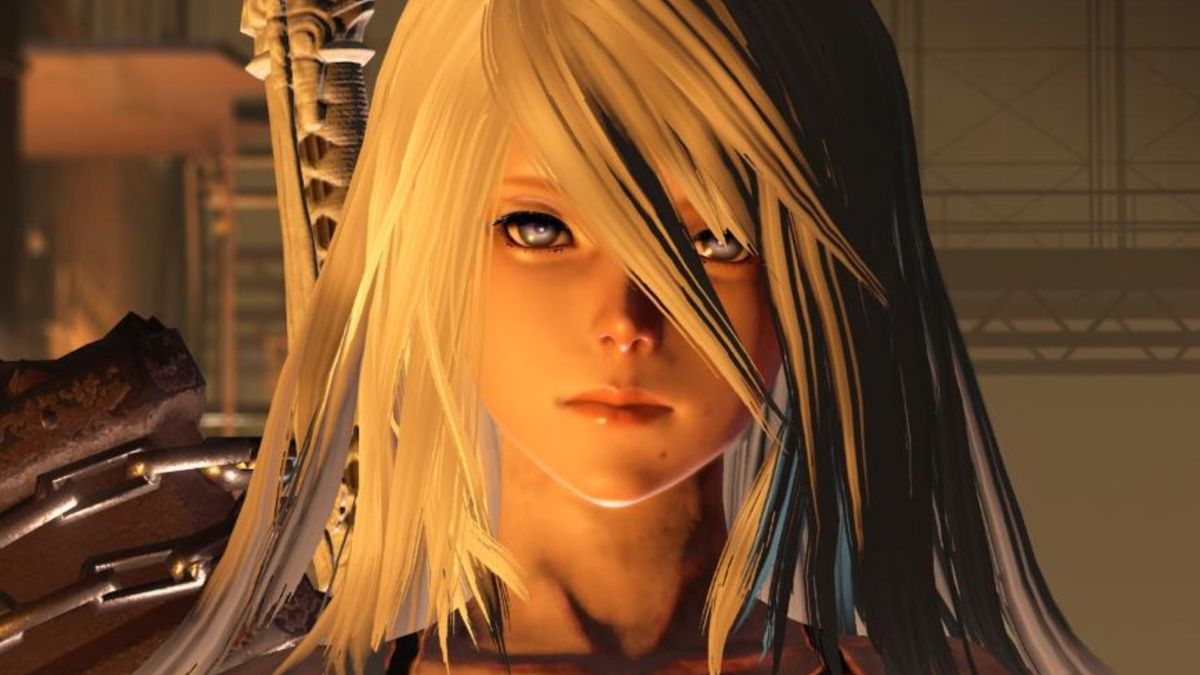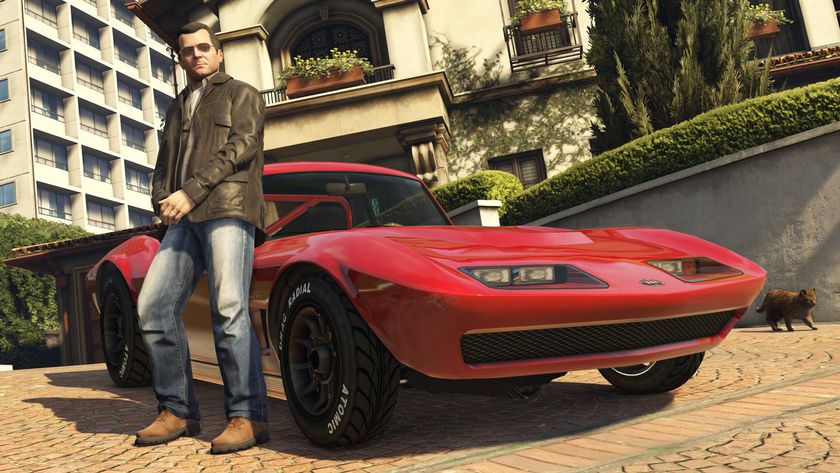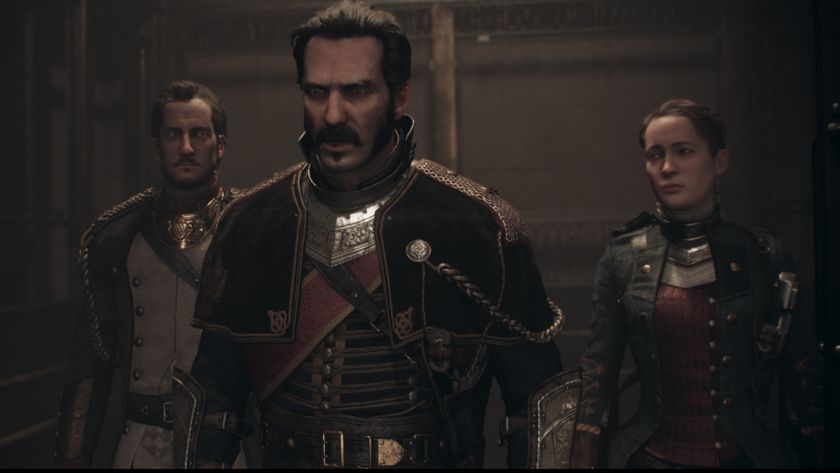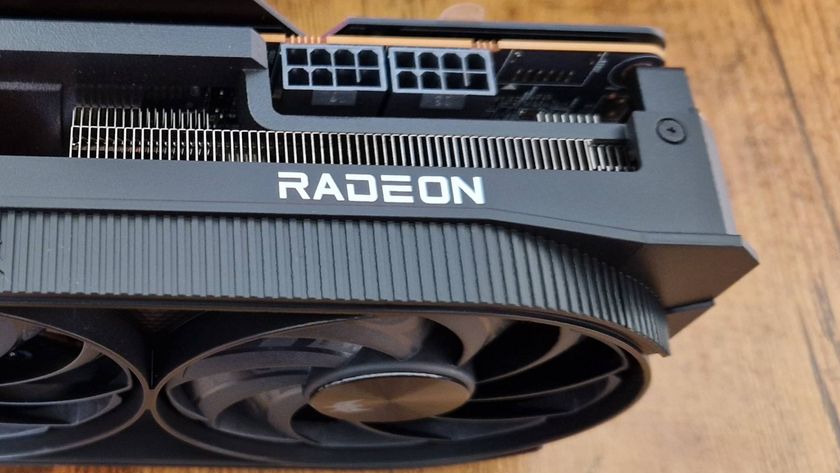
When Nier: Automata arrived on PS4 and PC in February 2017, it made its presence known with a unique, eclectic soundtrack. Fourteen months later, the game has racked up a plethora of awards nominations and wins, including Excellence in Musical Score as part of the SXSW Gaming Awards and Best Score/Soundtrack from The Game Awards. It's really, really good music is what I'm saying.
So what makes it stand apart? Where does the inspiration for such a score come from? The game's composer, Keiichi Okabe, spoke with me (via translator) at PAX East 2018 to explain:
12DOVE: What is the relationship like between yourself and Yoko-san? It seems everyone involved on this project has a very close, almost familial bond.
Keiichi Okabe: Yoko and I attended the same college and were in the same degree program. So we knew each other from awhile back, but during college we talked once in awhile - maybe we knew who each other were, but we weren't really close. After graduating, we applied to the same company, but we weren't on the same projects or anything. So we were there together, but it was the previous Nier, that was the first time we really worked together.
What do you think it is about the soundtrack that resonates with the audience?
To be honest, I think that it was definitely because Nier: Automata, the game itself, is really charming and great. When I was creating the music for it, I felt that my music could become a part of that game and so when you remember your gameplay, the music will come along with that memory as well - you just remember it automatically. But I never imagined we would receive so many awards. Of course I'm very happy about it, but because I didn't really expect it I don't know what resonated with fans. So as a question to you, I would actually like to know if you have any ideas why it resonated so well.
I know one thing that sticks out in my head is that in the first level - I believe the track is called "Alien Manifestation" - the beat matches the rhythm of 2B's sprint. The rate at which her feet hit the ground is the same as the dun-dun-dun-dun, dun-dun-dun-dun. So every time I hear that song, I can picture 2B running or the level and combat I experienced.
Sign up to the 12DOVE Newsletter
Weekly digests, tales from the communities you love, and more
Huh! That's most likely a coincidence. For my own personal reference, when you listen to the music for Nier: Automata, do you feel like it's Japanese, or do you feel like it's something else?
I would say it feels exotic, like it came from a culture I've never heard of before.
Thank you!
Is that what you were going for?
I just wanted to ask because my generation especially, we grew up aspiring to create music like Western music. So while I was young, I was creating 'fake' Western music in a way. Now that I've aged, I've accepted a lot of my culture as well and I started to create what I can create - what is me, what's personal to me. So hearing you say it was exotic makes me happy because you didn't think it was fake Western music.
When you were creating the music, how involved was Yoko-san in coming up with the final score? What sort of feedback was there between you?
When I would first receive a request from Yoko-san to create music, he would send me samples of existing music of what kind of sound he wants or what kind of tone he wants, and he also would send me a list of all the necessary tracks. So I would create a demo off that and send it to Yoko-san and we would go back and forth that way.
But Yoko-san thinks of music as a part of expression in the games, so he really takes a lot of consideration as to what kind of music-- if the music serves its purpose within a certain part of the game or not. So no matter how much I feel that the music is good, if it doesn't serve the purpose for him in that certain part of the game, he'll tell me I have to recreate it. But at the same time, if it serves the purpose he lets me do pretty much what I want to do. And then we would of course try to see what we both want to do.
You say Yoko-san sent you samples - can you think of any specific ones?
Yoko-san mostly searches on YouTube and he'll search by keyword. So he'll input things like 'fierce,' 'battle,' and 'taiko drums' and see what comes up and he'll send that sample.
At this point, now that your styles are known and established, what do you think players expect from you? Do you feel those expectations are fair and accurate?
For a previous title that was not like Nier: Automata, we had a very niche but core fanbase. [Note: It was not clear if Okabe was referring to the original Nier or Drakengard 3, both of which were also collaborations with director Yoko Taro.] So when we were creating Automata, I felt like they were probably expecting a similar kind of musical experience as well. So I wanted to answer to that, but at the same time, I kind of felt that Yoko-san was the type of person who does not want to do the same thing over again, even if we succeeded with that, and that he was trying to look for something new.
So I thought that was something Yoko-san was expecting of me as well from the musical standpoint. So when I was thinking of what kind of music to create for Nier: Automata, I first thought that the distinguishing feature of Nier tracks is the vocals, the wet melody. So I wanted to keep that in there, but I took a completely different directional approach than what I did for Nier. So it still has that same essence as our previous game, but I feel like Automata is quite different.
I of course wanted to do something our fans would enjoy, but at the same time I feel that our Nier fans don't like music for the music - I think it's more about the experience you get with the music. So if I am able to do something again in the Nier series, I would try to keep that core essence of Nier music, but create something that gives you an experience beyond just listening to music. That would be a goal I would aspire to.
When you were describing the melody, you called it 'wet'. What is a wet melody?
It's kind of like what you mentioned when you said you felt the music was exotic. I feel that's part of the uniqueness of this game. It doesn't really represent any culture, any region in the world. I strive for that. I think generally speaking, background music expresses the situation you're in at that moment and also the atmosphere of the world itself. But in the Nier series, I think that music also has to portray the characters' emotions at any given time as well. So it's not only the situation and the world, but also the emotion.
The musical track, what's behind the vocals, expresses the situation and the world and the lore, but the vocals are what give the emotion. In that sense, and to give you a little more of an example of what I mean by 'wet,' American music I think is more 'dry' while Nier music is more 'wet,' with more emotions in it.
Want more insight into one of 2017's biggest surprise hits? Read our PAX East interview with Yoko Taro, where the Nier: Automata director talks fan expectations, his favorite anime, and whether or not he thinks he deserves a happy ending.
Get the best games and entertainment news, reviews, tips and offers delivered to your inbox every week by signing up to the 12DOVE newsletter today.
Sam is a former News Editor here at GamesRadar. His expert words have appeared on many of the web's well-known gaming sites, including Joystiq, Penny Arcade, Destructoid, and G4 Media, among others. Sam has a serious soft spot for MOBAs, MMOs, and emo music. Forever a farm boy, forever a '90s kid.
Most Popular







